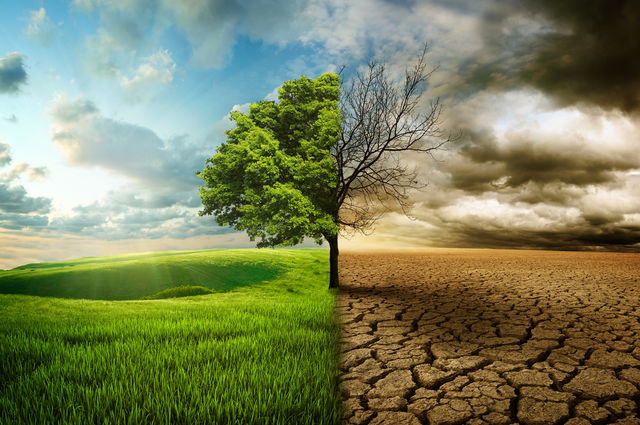The solutions nature provides: how can hotels contribute and benefit?
24 experts shared their view
Nature and its ecosystem services are at the center of the hospitality business proposition: from food and beverage offers to guests' enjoyment of natural landscape at a destination. Nature is not only a 'capital' component available to businesses, but a source of solutions to mitigate and adapt to climate change and protect biodiversity while ensuring the well-being of staff and guests alike. Nature is a prerequisite for a successful business, however, a 40% drop in natural capital per person has been recoded over the past two decades (Dasgupta, 2021). 'Burning' though this inventory of natural capital without a regeneration plan should result in alarm bells ringing. As the Science-Based Target Networks summarizes: "Nature is the backbone of human well-being and the foundation for all economic activity" (SBTN, 2020, p.2). Considering the value of nature to the hospitality industry and the threat of biodiversity collapse, recording and accounting for natural capital and integrating the outcome into the decision-making processes while setting regeneration targets is crucial. Ahead of the official launch of the Decade on Ecosystem Restoration (on World Environment Day, June 5th) by the United Nations, here are a three questions to tackle ((choose one or answer all, sharing of best practices is welcomed):
- Hotels located in urban settings: which nature-based solutions result in value added to guests, staff, owners and community?
- Hotels located in natural settings (e.g. forest, coastline): what actions can be undertaken to maintain or restore the ecosystems?
- Cooperation/Support for greater impact: where can hoteliers obtain help, support or join forces to achieve results
References
- Dasgupta, P. (2021), The Economics of Biodiversity: The Dasgupta Review, London: HM Treasury.
- SBTN (2020). Science-Based Targets for Nature: Initiatil Guidance for Business. Science Based Tageets Network.
- Tew, N.E., Memmott, J., Vaughan, I.P., Bird, S., Stone, G.N., Potts, S.G., and Baldock, K.C.R. (2021). Quantifying nectar production by flowering plants in urban and rural landscapes. Journal of Ecology, 109(2). https://doi.org/10.1111/1365-2745.13598
Hotels, The New Community Beacon
Tourism often builds on nature, and hotels and resorts benefit from its wonders in attracting guests. While sustainable tourism has been on the agendas of industry and academia for decades, a thorough understanding of ecology and other related natural sciences is largely missing from higher education. To me, this is an enormous problem. Hospitality management education prepares graduates to care for all stakeholders to achieve optimal business performance. However, at the same time the focus on the natural environment tends to be on actions that save resources only after human impact has been created, such as waste minimization and water and electrify use optimization. These are important areas, but focus on the wellbeing of nature itself, in the form of a deeper understanding of ecology, human-nature interaction and knowledge of flora and fauna, is missing.
As a hospitality educator and academic, I have questions, for managers and biologists, that could help in joining forces:
- Would these areas be valuable future graduate skills and should hospitality higher education provide them to students?
- How can education incorporate the most important biology knowledge in the hospitality management curriculum?
- How can industry and education cooperate in this?


